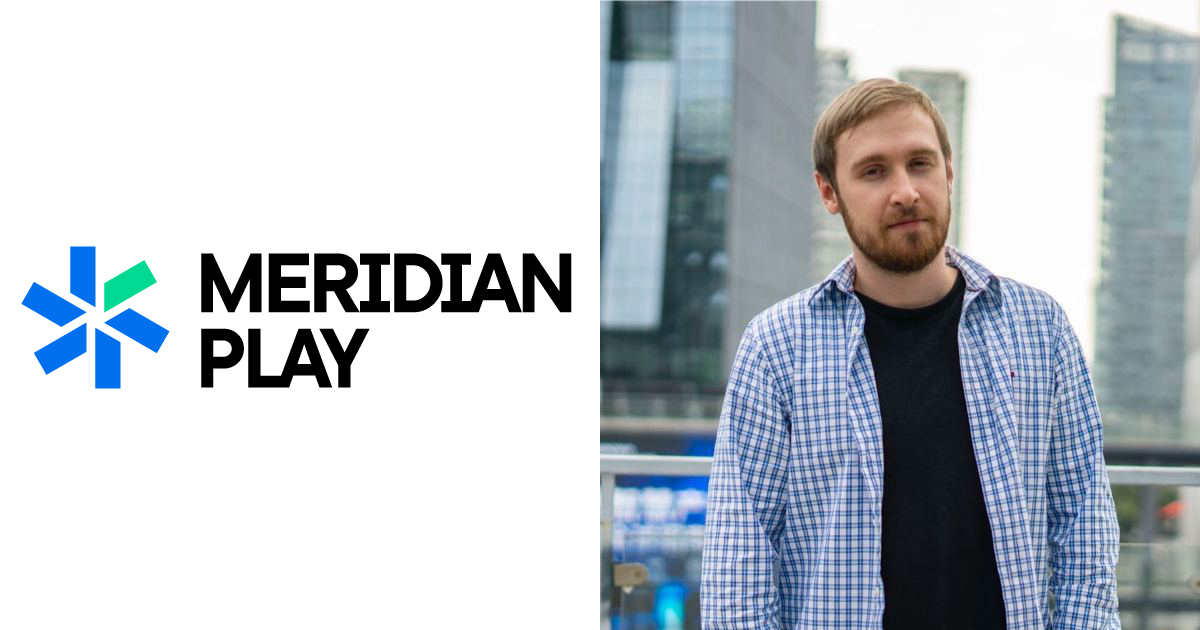"The interest from non-core investors is becoming increasingly noticeable," says Ilya Gutov from Meridian Play on the results of 2024
We continue to summarize 2024 with gaming (or gaming-related) teams. Next up is an interview with Ilya Gutov, founder of the gaming accelerator Meridian Play.
How was the year 2024 for the accelerator? What achievements and successes would you like to highlight?
The year 2024 was pivotal for us, as we officially announced the launch of the company on November 15. By this time, we already had clients, but until then, we hadn’t positioned ourselves as a company, operating under the name Asia Game Accelerator.
A funny story with the previous name: the brand Asia Game Accelerator was not perceived in China. While representatives of the Western gaming industry understood what it was about, in the Chinese game development community, they thought we were a VPN service.
We changed our branding, signed new partners, and through Advisory closed four deals. Furthermore, we signed three projects for China, one of which is a sports game. In the new year, we plan to start close cooperation with regional accelerators. Our cross-border expertise has captured their interest.
How has the market changed for gaming ventures, for those who are ready and willing to invest in the gaming business?
There is a noticeable decline in activity within the industry, and confirming previous estimates has become challenging. Most players are now “observing” deals and making decisions slowly. For mobile studios, the current conditions are not the most favorable for attracting investment. The situation is not straightforward for PC studios at the pre-seed stage starting their journey. Meanwhile, interest from non-core investors is becoming increasingly noticeable.
In Asia, the increased activity of Korean investors is worth mentioning. This is largely due to the diversification process in light of the current economic situation in Korea.
In China, most deals are made privately or with the involvement of non-core investors. Despite the end of COVID restrictions, the focus remains on the domestic market, with the success of Black Myth serving as a significant impetus.
In Southeast Asia, there is a rise in funding, mainly driven by government initiatives (accelerators and incubators). This is partly because some local players are exploring the possibility of additional regulation. They are assessing whether they have the potential to scale in a competitive environment with foreign products. If they conclude that this potential is lacking, they will advocate for stricter regulation.
However, this situation is not applicable to all countries in the region. Some companies in Southeast Asia continue to insist on maintaining a free open market. They argue that only such a market promotes the development of talent and the emergence of new projects. Additionally, they claim that an open market encourages the entry of international giants interested in business development within the country and region.
Has anything changed in the investment plan for studios looking to attract funds?
Yes, there have been several changes in the investment plan for studios striving to attract funds.
Firstly, requirements for projects have become stricter. Today, for successful investment attraction, studios typically need to have a playable version of the project and some metrics. This is especially relevant for teams seeking investment for their first projects. This shift is due to increased competition and risks that investors want to minimize.
Secondly, without clear commercial indicators, primary metrics (for single-player games in development, this might include user base size—number of followers on the game's social pages and 'wishlists' reflecting audience interest) and a USP, convincing investors of the project's viability has become significantly more complicated. Investors seek not only a creative idea but also the studio's readiness for business, requiring a professional approach.
Moreover, many investors are now more focused on projects with a proven success story and those requiring not the primary mass of investment but only additional resources. This means that young teams and startups face tougher conditions at the early funding stage.
